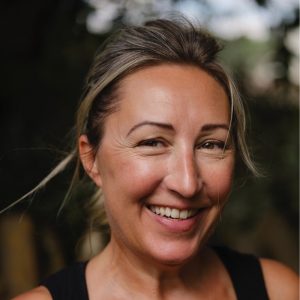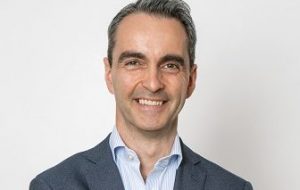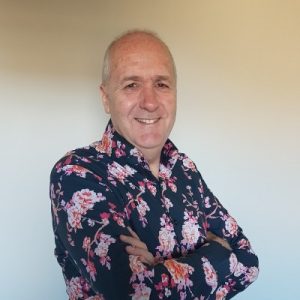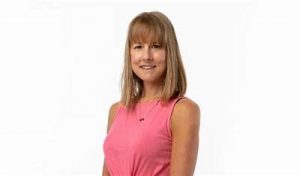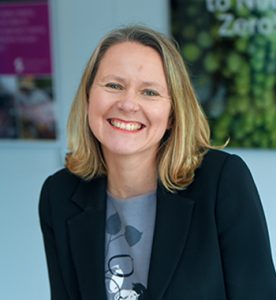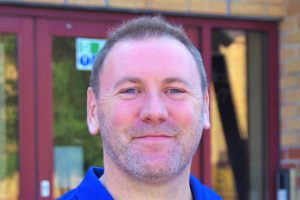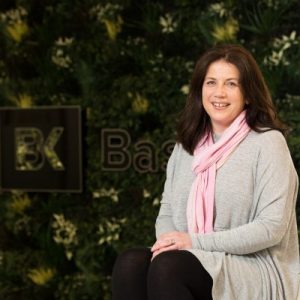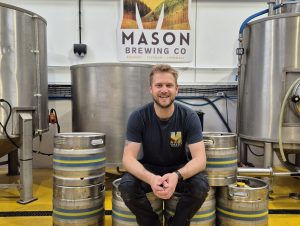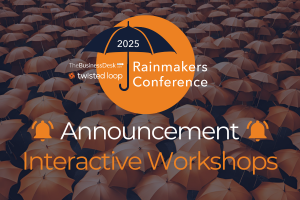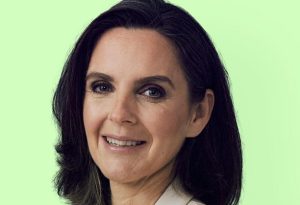Shining a light on the power of the B Corp movement in the South West
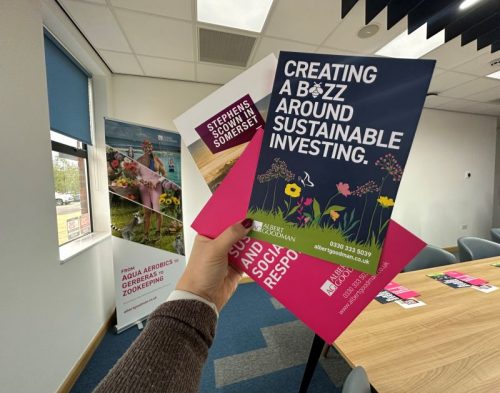
Over the last few years the B Corp movement has gathered momentum in the UK and no more so than in South West.
The region has the second highest number of accredited companies in the country and the movement which started in America is gaining traction across all sectors.
Although launched in the UK in 2015 the number of companies signing up has increased rapidly since the start of the decade.
TheBusinessDesk.com, in partnership with Stephens Scown and Albert Goodman, organised a round table to look at the impact the emergence of B Corp has had on businesses in the South West.
The purpose of the movement is to redefine success in business through building a community, raising awareness of the B Corp Movement and to bring about change in the UK’s economy.
Lucy Crane is head of sustainability at Modus Furniture and helped the Somerset business on its journey to becoming a B Corp.
And she believes the decision has had a big impact on a company which already took its responsibility to the environment and the local community seriously.
She said: “We had a pretty well-established sustainability strategy before we went on this journey and in some ways that meant the process was straightforward.
“What was challenging for us as a business was some of the very granular detail that was wanted from us.”
She added: “In the market we operate in we are quite high end and the clients that buy our furniture have demanding ESG strategies that we have to comply with if we want their business.
“There were two real drivers for us becoming a B Corp. There is demand from architects who design the furniture and then you have the ESG requirements from our end users.
“It was something that we wanted to do but it also made sense for us as a business in the market we operate in.”
Paul MacKenzie-Cummins, is the founder and managing director of Clearly PR. He is proud of the fact his business was one of the first PR agencies in the UK to become certified as a B Corp.
Explaining the success of the organisation he said: “There are hundreds of similar organisations but B Corp was able to simplify everything and make it easier to understand what it was all about and what the aims are.
“A lot of the other accreditation schemes are far too complicated. B Corp positioned itself really well and made itself accessible to everyone who wanted to get involved in the movement.
“It doesn’t matter if you are a corporate, a medium sized business or an individual working on your own you can apply for B Corp status and it will probably work for you and suit the needs of the business.
Andy Hawkins, from Business on Purpose, was an early adopter and now helps businesses on their journey to becoming B Corp organisations. And he backs Paul’s view on the impact of the organisation.
He said: “Over the years I have helped about 350 clients on the journey to becoming a B Corp and it has been interesting to observe so many different companies and their different experiences.
“There are loads of models that concentrate on the environment but in terms of an umbrella organisation that concentrates on a number of different areas there is not a lot that compares to B Corp.
“B Corp is driven by a set of principles which once you become a member become very much a part of the fabric of the business.”
He added: “There are businesses that it would not suit, and you also have to take into account the people and the organisations that you work with as a business. There are definite red cards out there and I think the standards has become even more stringent in recent years.
“It is not a tick box exercise in any way and the B Corp organisation does not want to see its principles watered down as more people and organisations get involved.”
Sophie Parkhouse, a partner at Albert Goodman, led the way in helping the financial advice firm on the way to becoming a B Corp firm.
Sophie sits on the management board and advises on issues such as ESG and sustainability.
She said: “When sustainability first became a buzzword we had a number of partners who were interested in getting involved.
“We have been working towards becoming a B Corp for a number of years and we have gained momentum as we have gone through the process.”
Sophie added: “Once we started looking into things we realised we didn’t need to do things differently to hit the requirements, it was already what we are as a business. We decided we were doing everything a B Corp is expected to do anyway – so why not tell everybody.
“Now we have got B Corp certification we are now looking at the benefits and how it can work for us a business. It does attract people and businesses towards us in terms of meeting new clients and attracting the best talent. “
Verity Slater, a partner with law firm Stephens Scown, specialises in employment and HR issues.
She said: “I work in Cornwall and more and more of our clients are becoming B Corp organisations.
“I never thought we would be able to get 50 partners within the business to agree with what we were doing but we did.
“We used a giving back scheme programme as a sort of learning project and we saw what was possible.”
Verity added: “It took the firm on a kind of journey, it has gone from a project that I was responsible for as an individual to something which is at the very centre of our identity as a business. I now get people coming to me with suggestions about the kind of things we are doing and the way do them.
“It is a part of our identity and it has made sure the principles of B Corp are built into our decision making process and the way we do things. I didn’t realise how much this would be fully embraced by staff and then change the way we do things.”
Mark Burland, the founder of First Class Comms, believes becoming a B Corp has made a major difference to his business and added a focus.
He said: “As a business we had customers who were on the B Corp journey but we didn’t really understand what it meant.
“Before we went down this route we did have a scatter gun approach about the work we did in supporting the community.”
He added: “There was no real direction or plan, so becoming a B Corp helped us massively with the strategy of the business.
“About five per cent of our net profit is now put back into community projects which is great. One of the hardest things for us as a small business is to get the team on board.
“And we like meeting with fellow B Corps to understand what they do, how they do it and how they get everyone on board.”
Greg Slater, works at Cornish developer Treveth as head of design and decarbonisation and environment, and believes any successful business needs to have a vision and a purpose.
He said: “I am an architect by background and I have tried to deliver sustainability in everything I do for about 20 years.
“At times it felt like pushing water up a hill but there has been a real change in attitude. You can see there are many more companies who are now properly and proactively engaging in social and environmental performance.
“There has also been a big change in the finance world following Cop 26 in Glasgow. There were more than 450 firms in the international financial sector who signed an accord and that really changed the tone of the conversation in the business world.
“As a business we were established with these principles and polices in place and B Corp was a natural fit with that. It means we can demonstrate what we are doing with credibility and independent verification.”
Nay Norledge, head of people and culture at organic food producer Riverford, said “B Corp is a natural fit for us, and it really speaks to us about our authenticity as a business. If you have B Corp status then it moves you away from the debate around greenwashing. We want to be able to give that peace of mind to both the people who work for us and our customers that we are serious about what we are doing and the way we do things.”
Zac Goodall, head of sustainability at Riverford, added: “We always talk about B Corp in terms of not marking our own homework, it gives us that added credibility as a business. We do a lot in terms of the environment as a business, being a B Corp offers concrete proof to any sceptics about our business and how we operate.
“There are some people who think that being a B Corp might put some people off doing business with you. What I would say is that most people under the age of 25 would probably as the question why are you not a B Corp?
“I have yet to come across another metric that brings in all that B Corp does across so many different sectors and sizes of business.
“Having said all of that there is still a lot of work for B Corp to do in terms of getting the message out there to all businesses.”
Wendy Weston works with software firm Basekit as a HR director and helped it to attain B Corp certification.
She said: “We had an initiative called the green team and a lot of our staff felt that they wanted to do more environmentally and we came up the idea of becoming a B Corp.
“The chief executive was on board with what we were doing but the challenge was with the people who had been there for some time.
“What we did was give each senior manager an area of responsibility. The aim was to get as many people involved as possible right across the company, that is the only way you can make this work.”



